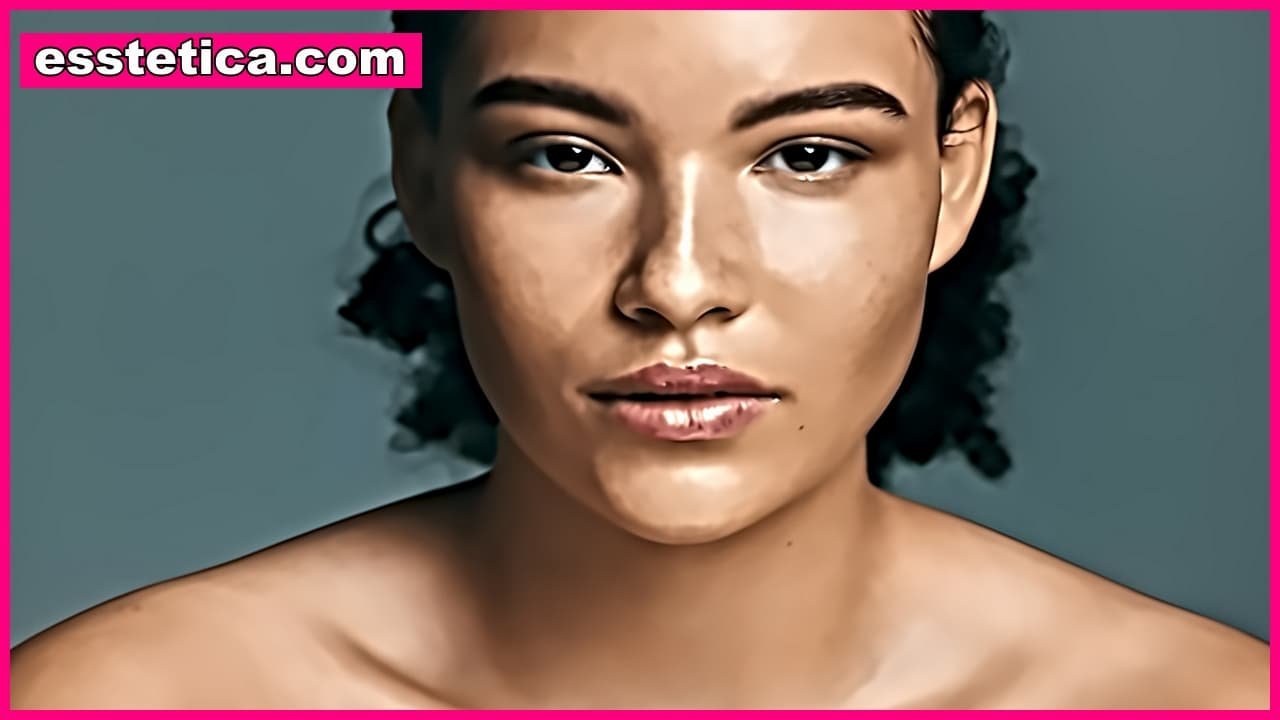Understanding the Different Types of Acne
Acne: A Multifaceted Skin Condition
Acne is a common skin disorder affecting millions worldwide, manifesting in a variety of forms that require tailored management strategies. Recognizing the type of acne you have is crucial for selecting the most effective treatment and achieving smoother, healthier skin.
Non-Inflammatory Acne: Comedones
Whiteheads and Blackheads
Non-inflammatory acne primarily consists of comedones:
-
Whiteheads: Closed comedones that appear as small, flesh-colored bumps. They remain beneath the skin’s surface and often go unnoticed until inflamed.
-
Blackheads: Open comedones with a darkened tip due to oxidation of trapped oil and debris. Unlike whiteheads, these are visible on the skin and can enlarge over time if not managed properly.
Inflammatory Acne: Papules and Pustules
Red, Raised, and Inflamed
Inflammatory acne includes papules and pustules, which are characterized by redness, swelling, and sensitivity:
-
Papules: Small, tender, red bumps without pus, signaling irritation beneath the skin.
-
Pustules: Similar to papules but contain pus, making them more pronounced and noticeable.
Severe Acne: Nodules and Cysts
Deep, Painful Lesions
The most severe forms of acne are nodules and cysts, which develop deep under the skin and often require professional intervention:
-
Nodules: Solid, painful lumps that form beneath the surface without pus.
-
Cysts: Deep, pus-filled lesions that can lead to scarring if untreated.
Understanding these categories is the foundation for effective acne management, allowing individuals to choose appropriate treatments and take proactive steps toward healthier, clearer skin.
Building an Effective Skincare Routine for Acne
The Foundations of Acne Skincare
Cleansing
The cornerstone of any acne skincare regimen is cleansing. Wash your face twice daily with a gentle, non-comedogenic cleanser to remove excess oil, dirt, and makeup without stripping the skin of essential moisture. Proper cleansing prevents clogged pores and lays the groundwork for healthier skin.
Exfoliation
Exfoliation helps remove dead skin cells that can block pores and trigger breakouts. However, it should be done sparingly to prevent irritation and over-drying, which can worsen acne. Products containing salicylic acid or glycolic acid are effective options for maintaining smooth, clear skin.
Moisturizing and Sun Protection
Hydration Matters
Even oily or acne-prone skin requires moisturization. Using a non-comedogenic moisturizer preserves the skin’s natural barrier, prevents dehydration, and helps regulate oil production.
Shielding Against UV Damage
Sun protection is critical, especially when using acne medications that increase sun sensitivity. Applying a broad-spectrum sunscreen with SPF 30 or higher safeguards skin from harmful UV rays, reducing the risk of irritation, hyperpigmentation, and long-term damage.
Targeted Acne Treatments
Fighting Breakouts Effectively
In addition to daily care, incorporating acne-specific treatments can accelerate results. Ingredients like benzoyl peroxide and salicylic acid directly target clogged pores, bacteria, and inflammation, helping reduce outbreaks more efficiently.
Consistency Is Key
A skincare routine tailored to your skin type and acne severity, followed consistently, can dramatically improve skin health over time. Patience, persistence, and attention to your skin’s changing needs are the keys to achieving and maintaining clearer, healthier skin.
✅ Struggling with acne? Discover the 2 natural solutions I personally recommend:
👉 Get Ninja Health Now — Launch Your Health Site in 60 Seconds
Natural Approaches to Achieving Clear Skin
Diet: Nourishing Your Skin from Within
Foods to Limit and Include
Nutrition plays a pivotal role in skin health. High-glycemic foods, dairy, and heavily processed carbohydrates can exacerbate acne by triggering hormonal fluctuations and inflammation. Instead, prioritize a balanced diet rich in:
-
Fruits and vegetables for antioxidants and vitamins
-
Whole grains for steady blood sugar regulation
-
Lean proteins to support skin repair and cell growth
Eating mindfully not only aids in reducing breakouts but also promotes overall wellness.
Stress Management and Mental Well-Being
The Mind-Skin Connection
Stress can dramatically influence acne by altering hormone levels and increasing oil production. Integrating stress-reduction techniques into daily life—such as yoga, meditation, or regular physical exercise—can improve both mental clarity and skin resilience. Adequate sleep further enhances the body’s natural ability to repair and regenerate skin cells.
Natural Topical Therapies
Gentle, Plant-Based Options
Certain natural remedies offer anti-inflammatory and antibacterial benefits, supporting acne management:
-
Tea Tree Oil: Can help reduce bacteria on the skin’s surface
-
Aloe Vera: Soothes irritation and calms inflammation
These treatments should be used cautiously and patch-tested to ensure they don’t trigger sensitivity or adverse reactions.
A Holistic Approach
Combining dietary adjustments, stress management, sleep, and natural topical therapies creates a holistic framework that supports both clearer skin and overall well-being. By approaching acne from multiple angles, individuals can complement traditional treatments and cultivate long-term skin health.
✅ Struggling with acne? Discover the 2 natural solutions I personally recommend:
👉 Get Ninja Health Now — Launch Your Health Site in 60 Seconds






